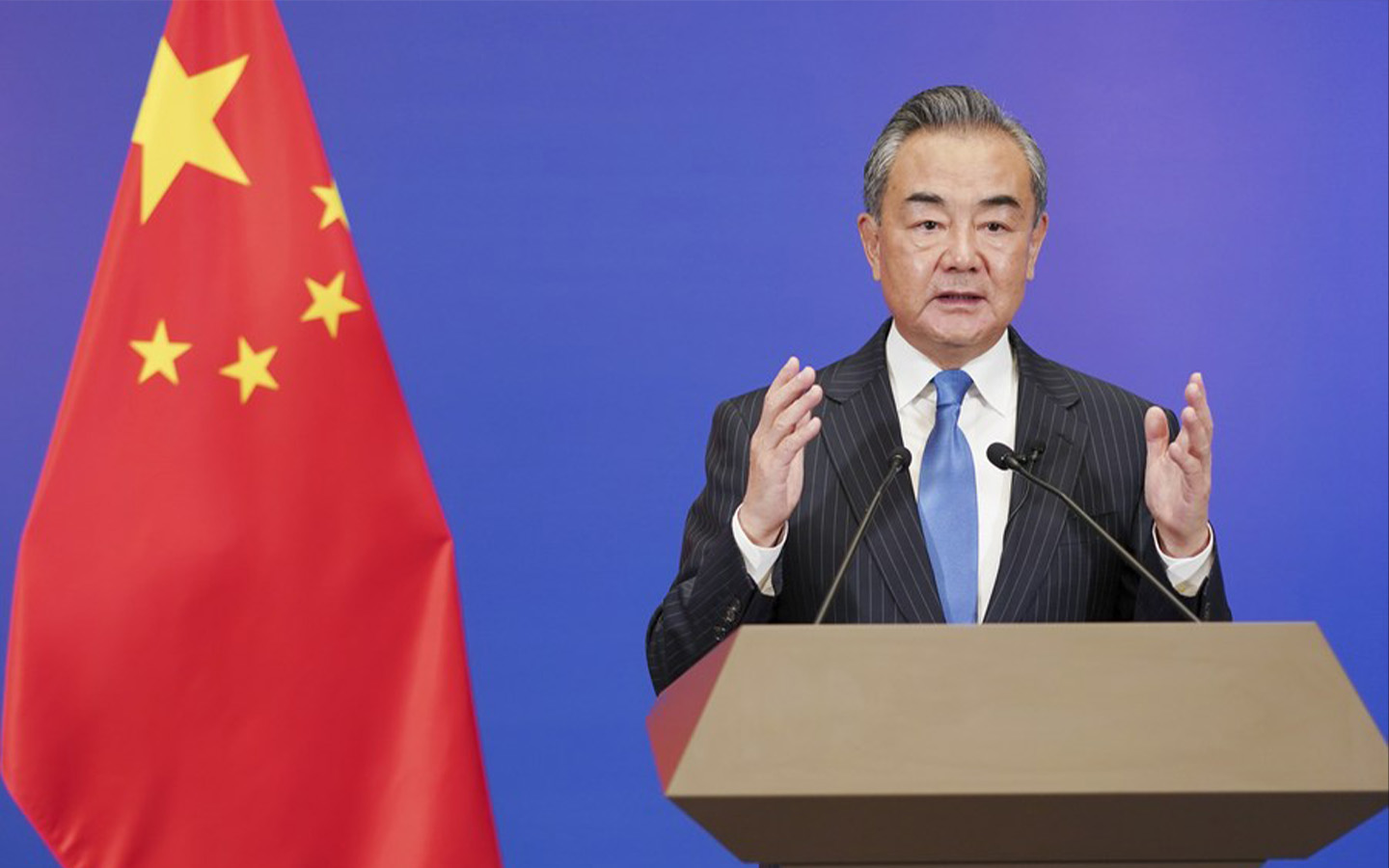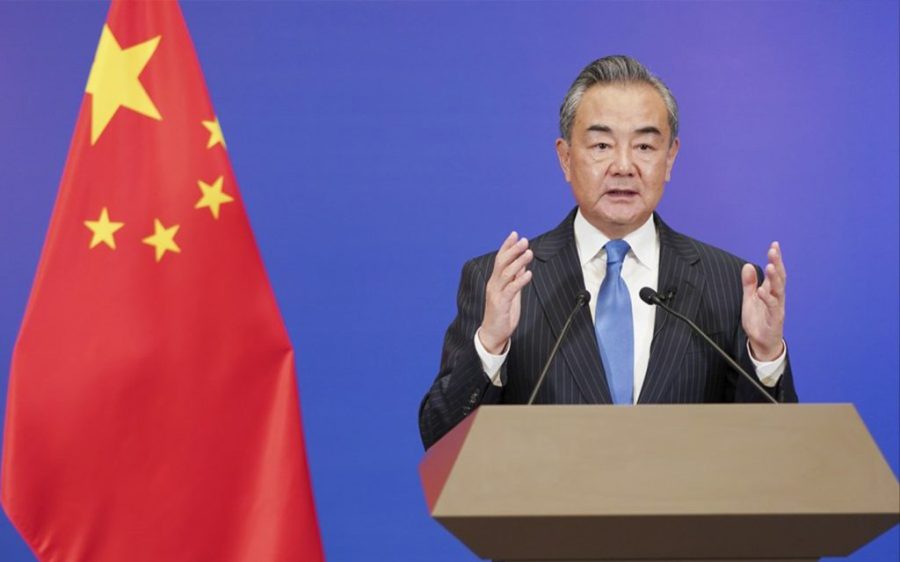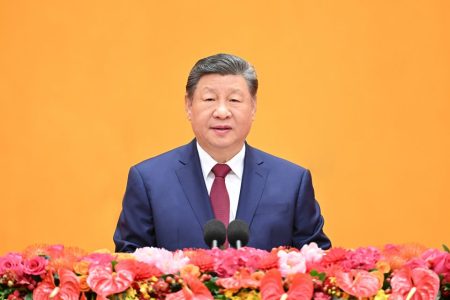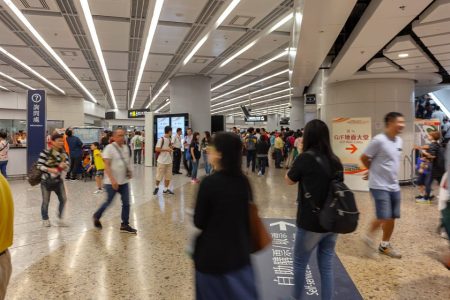China’s foreign minister, Wang Yi, took part in a signing ceremony in Hong Kong this morning, formalising the establishment of the International Organisation for Mediation (IOMed) – the first intergovernmental international legal body of its type to mediate global disagreements.
According to multiple media reports, Wang flew into Hong Kong yesterday afternoon, kicking off a three-day visit in the city.
During the signing ceremony at the Grand Hyatt in Wan Chai, Wang addressed high ranking officials from almost 60 countries and roughly 20 international organisations, including the United Nations (UN).
He noted that representatives from 32 countries had signed the Convention on the Establishment of the IOMed, becoming its founding members. These nations included Belarus, Cambodia, Dominica, Indonesia, Nicaragua, Pakistan, Serbia, East Timor, Urganda and Venezuela.
“We have come here from all corners of the world for the collective purpose of promoting the peaceful resolution of disputes and to drive friendly cooperation between countries,” Wang said.
The foreign minister stressed that IOMed, which will be headquartered in Hong Kong. would put the UN Charter into practice, mediating conflict relating to countries, countries and investors and commercial affairs.
[See more: Chinese and Portuguese foreign ministers discuss relations and Macao’s role]
“The birth of the IOMed helps to overcome the zero-sum mentality of winners and losers,” the Chinese government representative said, adding that it has “earned the widespread support of the international community.”
Other senior officials who took to the stage included Hong Kong’s chief executive (CE), John Lee, who called the occasion a “historic” moment. Lee credited mainland China with leading the efforts, which began in 2022, to establish IOMed.
Lee underscored the significance of the newly founded mediation body, noting that “mounting geopolitical tensions,” as well as “protectionism” and “unilateralism” were all threatening to undermine international order and stability – a reference to the US Trump administration’s multiple tariff wars and attempts to contain China.
“It is dialogue, not division that restores balance,” Lee said, adding that China’s traditional value of “harmony in diversity” is also reflected in IOMed’s mission.
Yesterday, Liu Xianfa, the foreign affairs ministry commissioner in Macao, praised the mediation organisation’s establishment, noting that it was another example of “another important international public good that China is providing for the peaceful resolution of international disputes.”
Wang’s current visit to Hong Kong marks his first in three years, after he accompanied President Xi to celebrate the Hong Kong SAR’s 25th anniversary in 2022.






